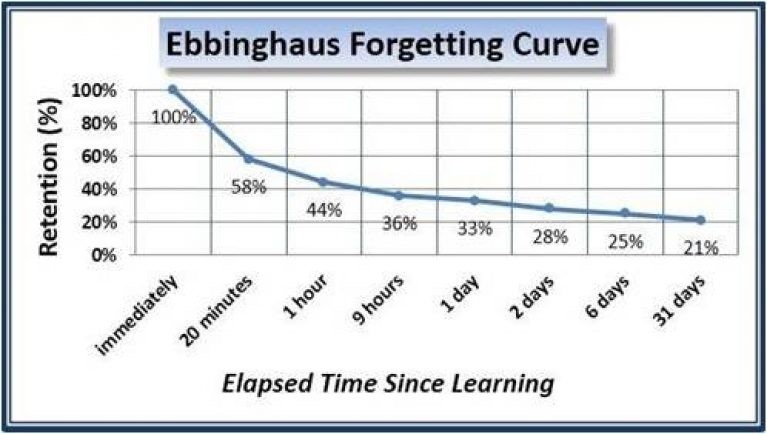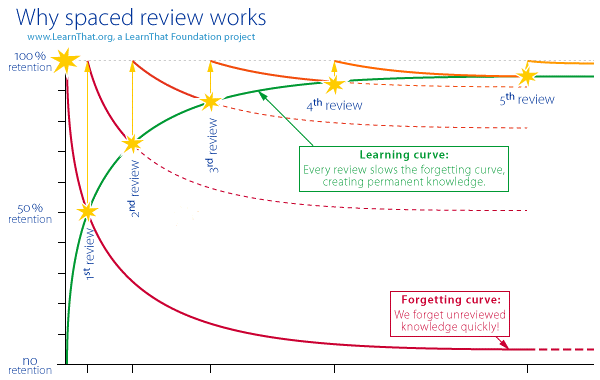Thank you to all the parents who had interviews and stayed for the presentations and BBQ. Topics covered included: How to best support your child through the HSC in Year 11 and 12, HSC Illness/Misadventure Procedures, Learner Wellbeing Framework, Student Recognition Scheme, Changes to NAPLAN and Minimum Standards Testing, Year 7 STEM Program and the Duke of Edinburgh Program. I trust that you found the presentations informative and useful as we work together to achieve the best outcomes for your child. I remind Year 8 and 10 parents that there will be a presentation at 6.10 pm in the MRK Café (location change) and a free BBQ dinner on Thursday 5 April. I wanted to take the opportunity to reinforce some of the key messages in regards to work ethic, study methods and the importance of self-regulation.
Study Methods
In the presentations for Year 11 and 12, Mr Cole reinforced the importance of using study methods that work and are based on research as many students use study methods that are not useful and do not achieve the desired outcome of improvement. Our brains are wired to forget and therefore we need to train our brains to remember information and concepts. We forget information learnt very quickly. See the Forgetting Curve below.
Source: https://securityawarenessapp.com/forgetting-curve/
A common method of study that students use to prepare for examinations is to read a set of notes the night before and hope to remember them. The Forgetting Curve shows that this technique will not work very well even if students spend hours studying the night before as they are likely to forget a lot of the information the next day. This becomes more evident as students move into the Senior Years where the amount of information they need to learn and recall for examinations dramatically increases.
Spaced repetition practice using forced recall of information is far more beneficial method for remembering key information for examinations. Forced recall requires students test themselves on whether they can remember study notes by verbally recalling the notes or re-writing study notes without checking the information. Regularly doing this leading up to an examination results in more information being able to be retrieved and recalled after each review of information. One of the keys to this approach is that you need to start studying early enough before examinations begin to be able to space out your study practice enough to see the benefits. Students need to start this process weeks in advance to maximise the potential benefits. See the Learning Curve below.
Source: http://thinkedu.net/blog/the-forgetting-curve-interleaving-vs-blocking/
Using a study method that actually works can make an enormous difference to the academic outcomes for your child. If they are not improving in their results they need to genuinely review what they as students are responsible for: work ethic, methods of study and use of actual study time. When they are studying, students need to consider whether they are genuinely using their study time well or whether they are procrastinating or on one of their mobile devices distracted, wasting time.
In addition, we encourage students to seek feedback from their teachers on what they need to improve so they can target specific areas in preparation for assessment tasks.
In summary, students who desire to improve their academic outcomes need to review the following factors:
- Work ethic and how hard they are working outside of school hours
- Level of self-regulation when studying – minimise distractions
- Using study methods that actually work and help them recall and understand concepts and information
- When they start studying for examinations. Start early so they can use spaced repetition practice methods
- How quickly they start assessment tasks after receiving them
- Seeking teacher feedback especially on draft assessment tasks.
- The last two points requires planning and organisation of their time. Using a study planner will assist in this process.
Lines of Communication
If you need to contact the College, we would encourage you to use the following lines of communication that will assist you in speaking with the right person to resolve any enquiry/concern you may have as quickly as possible.
I encourage parents to keep the College informed of anything that you feel may impact your child’s performance or behaviour at the College so that we can support and assist them.
“Remember this: Whoever sows sparingly will also reap sparingly, and whoever sows generously will also reap generously.” 2 Corinthians 9:6
Mr Hugh Renshaw
Acting Head of Senior School






